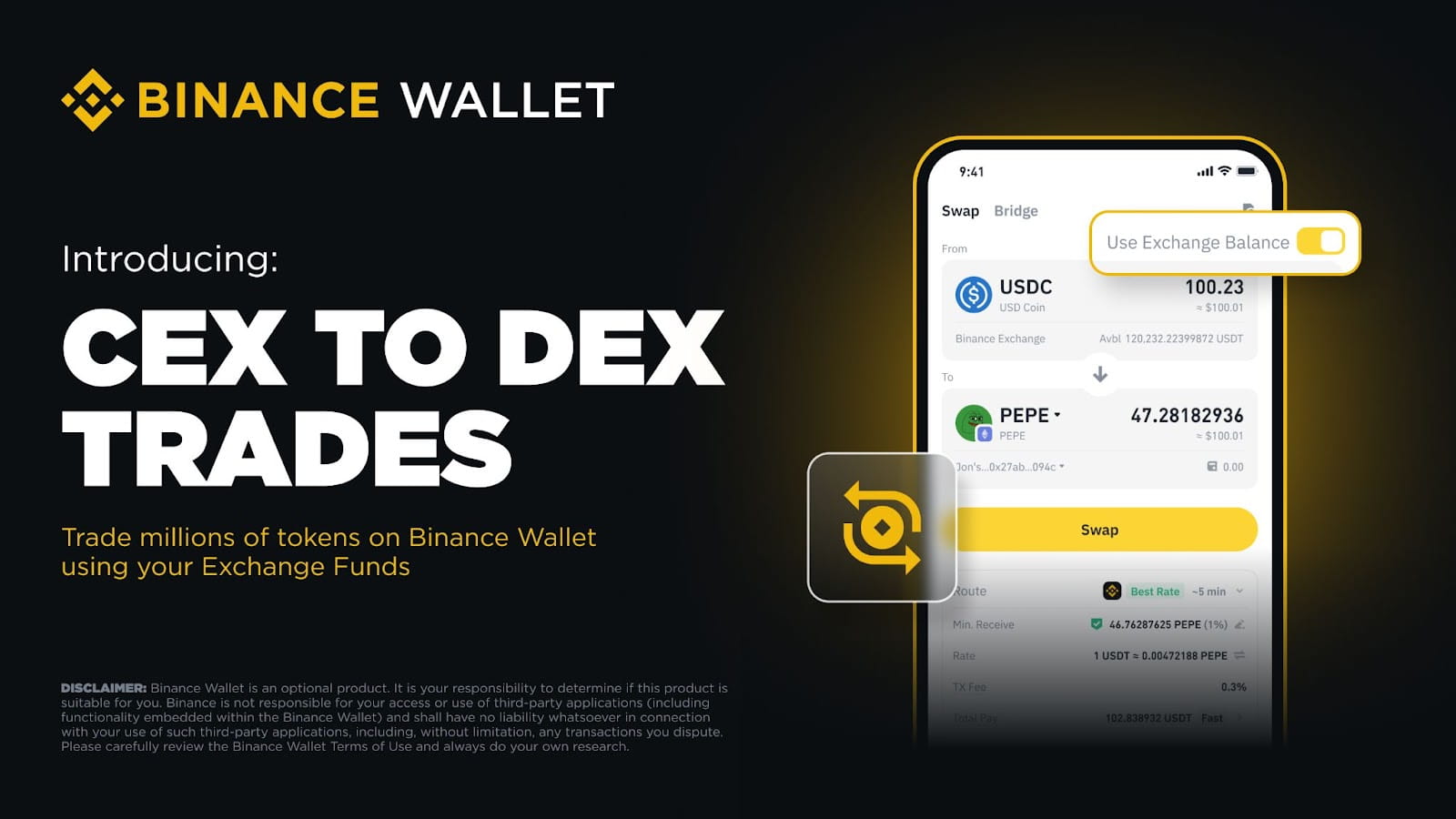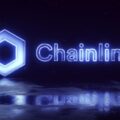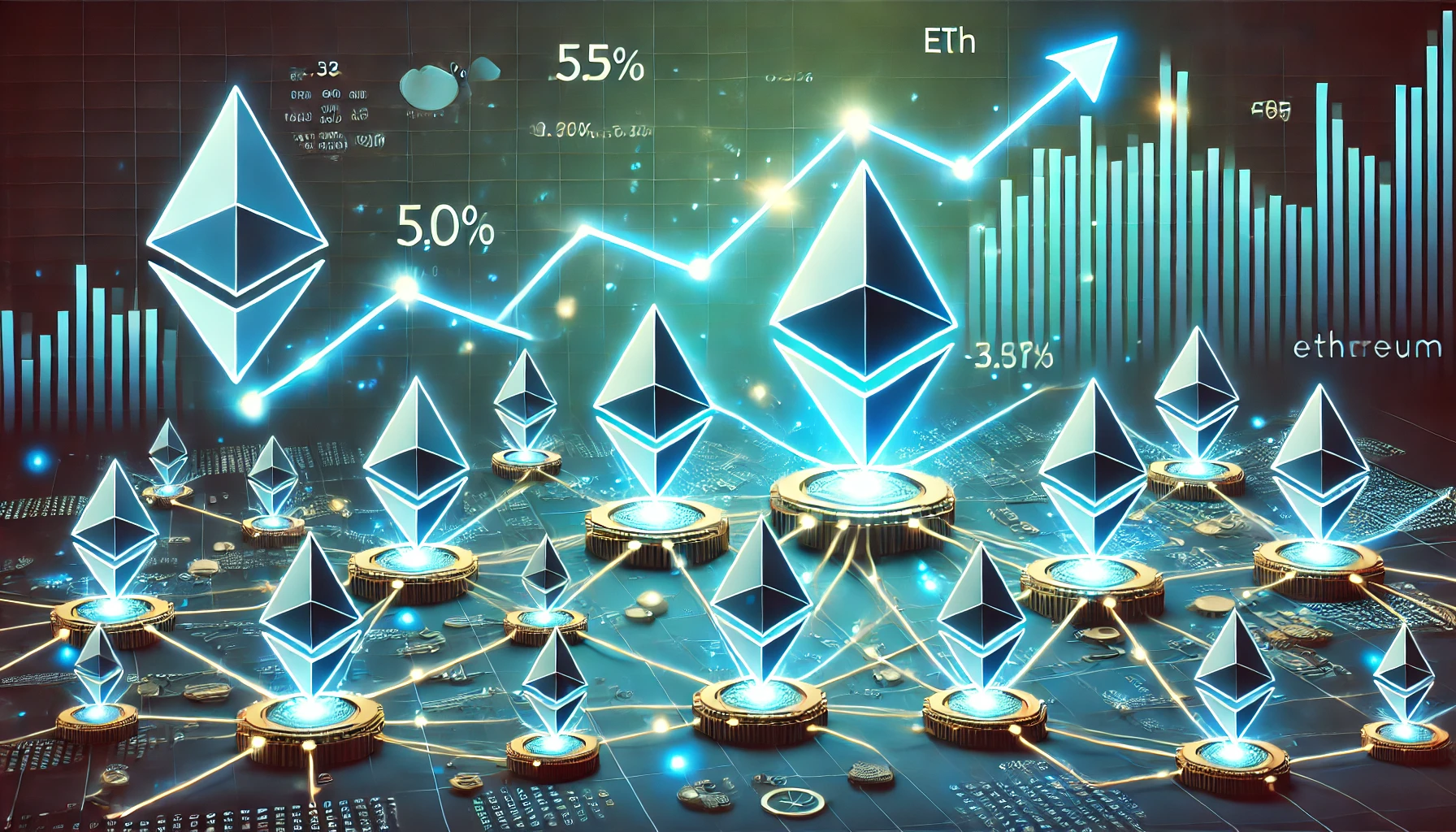
- At Uniswap Labs, there are concerns about centralization that could harm the growth, flexibility and trust in DAOs.
- Independent stakeholders in Uniswap drive competition, manage risk and support expansion.
Uniswap Labs recently sparked debate about how DAOs make decisions, showing that too much control can reduce flexibility, hinder long-term growth and threaten the strength of decentralized financial systems.
Initial reactions from the crypto community emphasize that concentrated control can weaken trust in DAOs. The Aave founder said that decentralized governance is crucial, especially for platforms that are constantly adapting to market changes. Users and integrators rely on governance to protect security, manage risk, and keep the protocol running properly.
The discussion focuses on whether Uniswap Labs’ plan truly protects independence. Events like the FTX collapse and the Terra Luna crash show why shared oversight is important. Strong governance helps protocols deal with market challenges, protect users, avoid excessive risks, and prevent dependence on a single company or organization.
Independent stakeholders drive success of protocols and expansion
A DAO remains strong when many independent stakeholders manage their own operations and finances. The founder of Aave said that decentralized decisions work best when those involved invest early and bring unique skills to the table. When actors lack independence, decisions become concentrated and create vulnerabilities that can threaten the stability of the protocol.
Actors, operating as separate companies and either using the protocol or providing services, align rewards with performance. When one company takes the lead, there is less competition among service providers. This can increase costs, reduce efficiency, and make it difficult for the protocol to grow, acquire users, and increase its market share.
A DAO that relies on a single core team risks becoming poorly coordinated and becoming just another product. If lab teams spend too much time on administration instead of supporting independent companies, the protocol will struggle to grow. Independent stakeholders are key to strong operations and long-term, consistent growth.
Decentralized administration as a basis
Dependence on a single group for services can create management problems and limit competition. The founder asked: “Why should the DAO handle acquisitions and take risks?” Independent service providers leverage their own resources, allowing the DAO to focus on growing the protocol and managing fees to help token holders.
Multiple aligned players building businesses on the protocol create more value and better adapt to market needs. They encourage competition, increase protocol fees, and increase quality. Independent groups manage their own finances, rely less on grants or centralized control, and support the steady growth of decentralized financial applications.
Protocols achieve optimal results when administration is distributed among participants and those involved remain accountable. Centralized labs face poor motivation, less innovation, and misplaced priorities. A diverse structure helps the DAO overcome challenges, adapt to market changes, and welcome new members without compromising its strength or flexibility.
The concentration of decision-making power can reduce the long-term value of a protocol. A competitive system brings stakeholders together to approve proposals, manage risks, and protect operations. Through decentralization, the DAO remains stable, resilient and trustworthy for users and partners.







No Comments